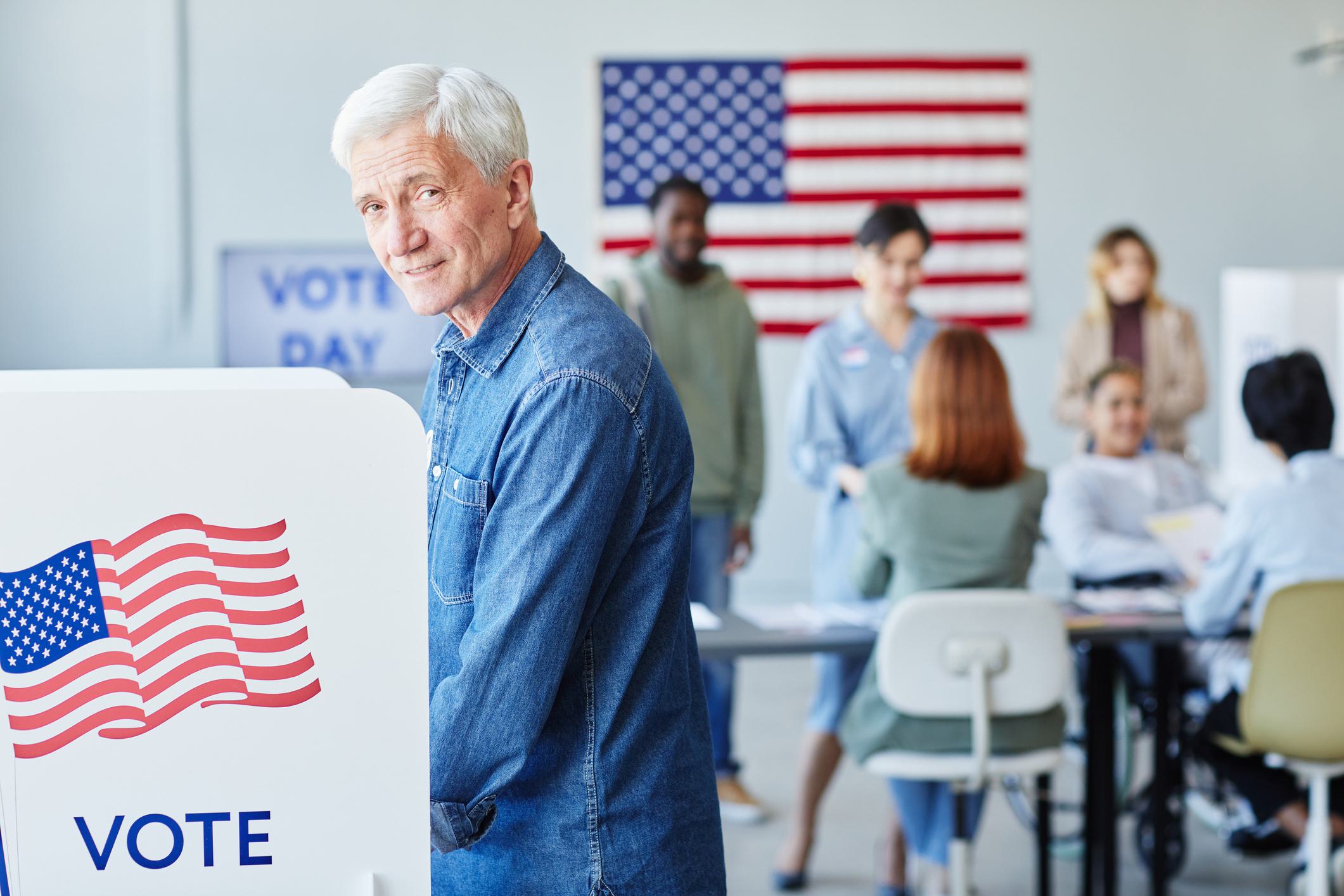Alabama House Bill 457 (HB 457), sponsored by State Rep. Debbie Wood (R-Valley), would have required each county's canvassing board to conduct a post-election audit after each county and state general election for accuracy. The bill was introduced in the House and passed out of committee before it was delayed indefinitely at the end of this year's legislative session.
The bill's supporters are working to help get it passed in the next session and say HB 457 is essential for Alabama's election integrity.
Speaking to 1819 News, attorney and HB 457 supporter Robert Garris said, "Every state has adopted some form or has in place a system for initiating a post-election audit, except for Alabama."
Garris said that even the voting machine companies themselves encourage audits.
"Even the voting machine vendors like ES&S, like Dominion, like Hart InterCivic, all of them agree, and all of them encourage states to audit their machines and audit their processes," he advised.
"Once the vendors release these machines into a state, they're not responsible for how they're used, right? The state is, and the people are," Garris added. "And so it's our duty and our responsibility to at least go back behind them and make sure that they're performing and functioning correctly, and that our results have some level of accuracy, and also to look for error and look for potential fraud."
According to Garris, because voting is a constitutional right, everything that can be done to prevent fraud and eliminate error should be done.
"That's how important I think accuracy is," he outlined. "And that's how important I think auditing is. Because every single person who takes time to either do an absentee ballot and do all the paperwork and jump through all the hoops you have to jump through to get the absentee ballot completed and returned on time, or a person who takes time out of their day and their work day to go to a precinct on election day, stand in line for an hour sometimes, complete the ballot, do everything they're supposed to do, that person should have some guarantee, some qualified reliance that their vote is going to be accurately reported. And if one voter's vote isn't, that is significant, and it's important. Politicians are looking at it as 'How does it affect a race?' I'm looking at it as a constitutional right, which is sacrosanct. Your vote is sacrosanct, and it has value to you."
Garris concluded, "There's no such thing as a fraud-free election. It just doesn't exist. But you can significantly reduce incidents of fraud, and you can also help better identify fraud when it occurs," adding that "It may not be fraud. It could be error. And I think a lot of these things are just plain error. But how do we know till it's too late and there's a problem? I would prefer to try to catch these things on the front end and take proactive steps to prevent error and fraud than I would to wait around for something bad to happen."
To connect with the story's author or comment, email gnicktreglia@gmail.com.
Don't miss out! Subscribe to our newsletter and get our top stories every weekday morning.










